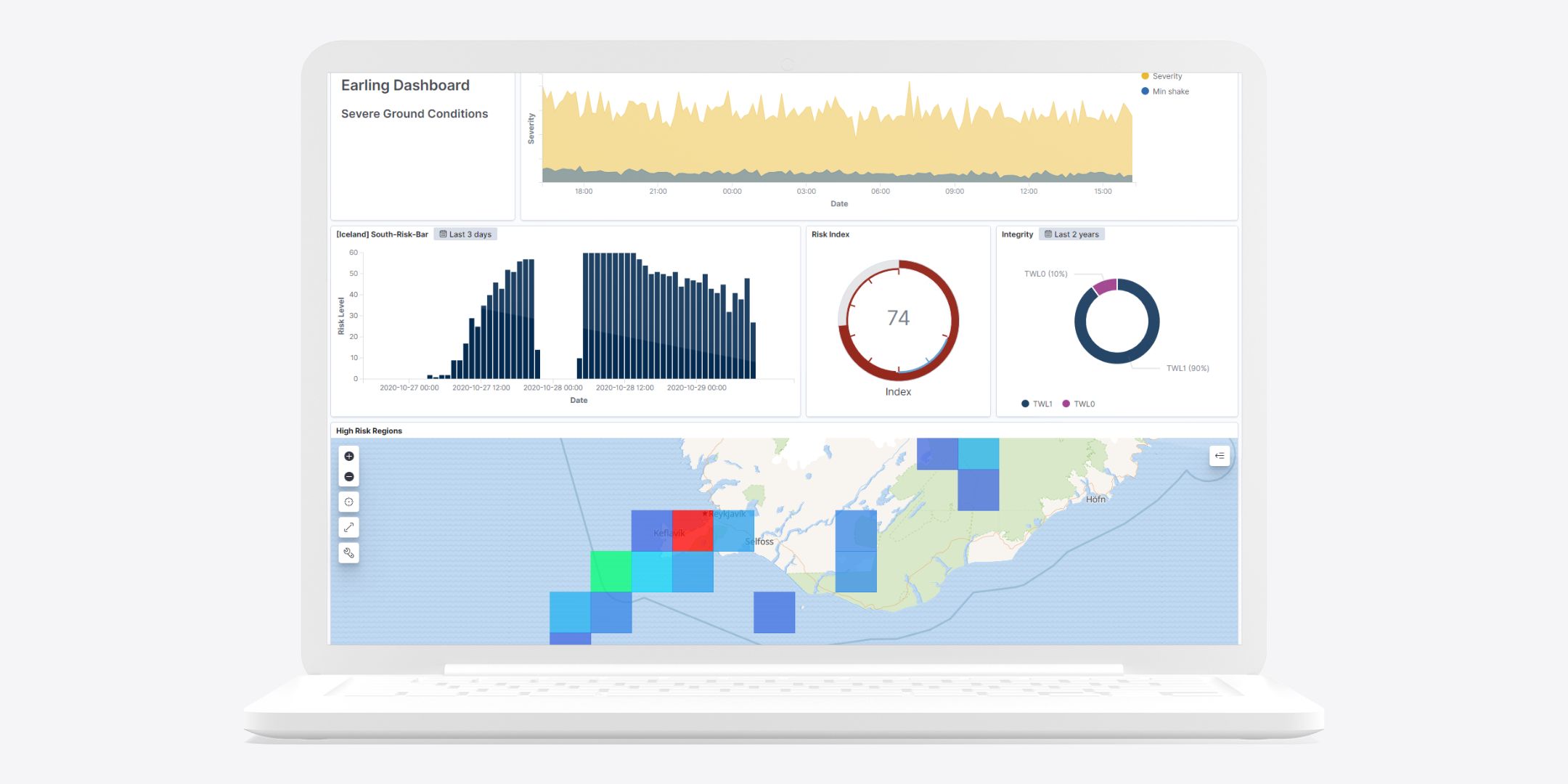Earthquake risk map Ecuador
Retrieve earthquake risk level
Earthquake risk by zip code or city, retrieve now.
Major earthquakes in Ecuador's past
Ecuador is located in the Pacific Ring of Fire, a region of the Earth that is prone to earthquakes. The country has experienced several major earthquakes in recent years, including the 1987 Ecuador earthquake (earthquake risk map Ecuador, earthquake zones Ecuador) and the 2016 Ecuador earthquake (earthquake preparedness Ecuador, earthquake safety Ecuador, earthquake kit Ecuador, earthquake building code Ecuador, earthquake insurance Ecuador). These earthquakes have caused widespread damage and loss of life.
The impact of earthquakes on Ecuador's landscape
Earthquakes can have a devastating impact on the landscape. They can cause landslides, tsunamis, and other natural disasters that can destroy homes, businesses, and infrastructure. The 2016 Ecuador earthquake, for example, caused widespread damage to the country's coastline (earthquake zones Ecuador, cultural and historical significance of earthquakes in Ecuador).
Cultural and historical significance of earthquakes in Ecuador
Earthquakes have also had a significant impact on Ecuador's culture and history. The 1987 Ecuador earthquake, for example, destroyed the historic city of Ibarra (cultural and historical significance of earthquakes in Ecuador). The earthquake also caused the collapse of the Basílica del Voto Nacional, a major landmark in Quito (uncovering untold stories: Personal accounts of surviving earthquakes).
Uncovering untold stories: Personal accounts of surviving earthquakes
The stories of people who have survived earthquakes are often untold. These stories can be a powerful way to learn about the impact of earthquakes and the resilience of the human spirit. The book "Untold Stories: Personal Accounts of Surviving Earthquakes" is a collection of stories from people who have survived earthquakes in Ecuador and around the world (uncovering untold stories: Personal accounts of surviving earthquakes).
Ecuador's earthquake preparedness and response measures
Ecuador has taken steps to improve its earthquake preparedness and response measures. The country has a national earthquake plan that outlines the steps that will be taken in the event of an earthquake (earthquake preparedness Ecuador, earthquake safety Ecuador, earthquake kit Ecuador, earthquake building code Ecuador, earthquake insurance Ecuador). The plan includes measures to protect people, property, and infrastructure.
Seismic monitoring and prediction in Ecuador
Seismic monitoring and prediction are important tools for reducing the risk of earthquakes. Ecuador has a network of seismic sensors that can detect earthquakes and their location (earthquake risk map Ecuador). The country is also working on developing a system for predicting earthquakes (seismic monitoring and prediction in Ecuador).
The role of international aid in Ecuador's earthquake recovery
Ecuador has received international aid in its recovery from recent earthquakes (earthquake risk map Ecuador). This aid has helped to rebuild homes, businesses, and infrastructure. It has also helped to provide food, water, and medical care to those affected by the earthquakes (the role of international aid in Ecuador's earthquake recovery).
Lessons learned from Ecuador's earthquake history
Ecuador has learned a number of lessons from its earthquake history. These lessons include the importance of building earthquake-resistant structures, the need for early warning systems, and the importance of international cooperation in disaster relief (lessons learned from Ecuador's earthquake history).
Conclusion: Honoring the resilience of Ecuador's earthquake survivors
Ecuador's earthquake survivors have shown incredible resilience in the face of adversity. They have rebuilt their lives and their communities, and they have inspired others around the world. We should honor their resilience and their determination (honoring the resilience of Ecuador's earthquake survivors).
Risk managers
- How reliable and accurate is the earthquake alert system, and what is the level of uncertainty associated with the forecasts?
- How can we effectively integrate this new data into our existing risk management plans and procedures?
- What kind of response plans should we put in place if a major earthquake is predicted, and how can we ensure that all stakeholders are informed and prepared?
- How can we coordinate with other organizations and agencies in the region to share information and resources in the event of an earthquake?
- What kind of insurance and financial preparations should we make in advance of a potential earthquake, and how can we ensure that our policies are up-to-date and comprehensive?
- How can we use this new information to identify and mitigate vulnerabilities in our infrastructure and facilities, such as bridges, highways, and critical buildings?
- What kind of training and resources will be needed to effectively use the earthquake alert system and respond to potential earthquakes?
- How can we ensure that all of our employees, clients, and stakeholders are informed and prepared for potential earthquakes, and what kind of communication strategies should we put in place?
- What kind of legal and liability issues might arise in the event of an earthquake, and how can we ensure that we are adequately protected?
- How can we continue to assess and update our risk management plans and procedures in light of new information and changing conditions?
Indivisuals
- What is the likelihood of an earthquake happening within the next week?
- What should I do if I receive an earthquake alert?
- What kind of damage can I expect from a major earthquake in my area?
- Are there any precautions I can take to prepare for an earthquake?
- How can I stay informed about the latest developments and potential risks?
- Will the earthquake alert system be available on my smartphone or other devices?
- Will the earthquake alert system be accurate and reliable?
- What should I do if I don't receive an earthquake alert but feel shaking or hear a loud noise?
- What is the best way to protect myself and my family during an earthquake?
- How can I get involved with earthquake preparedness efforts in my community?
Earthquake risk by zip code
Ask real location. Get real-time seismic risk.
Join waitlist for "earthquake risk by zip code."
How to Subscribe
Our mission is to assist you in discovering the optimal, most economical solution for your business, regardless of whether you have a small team or a large workforce of 10,000 employees

